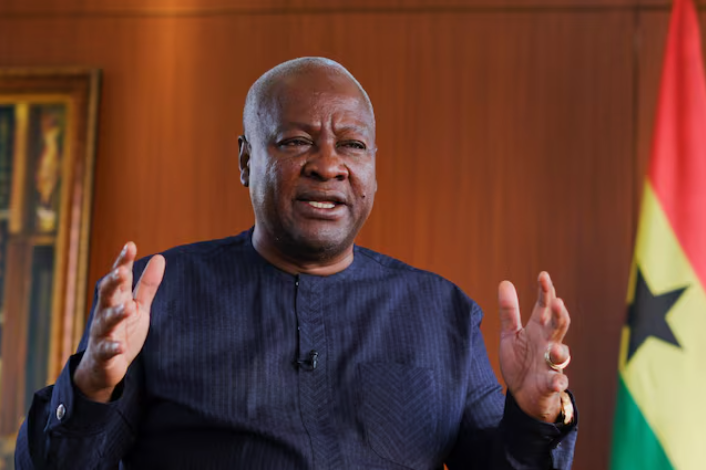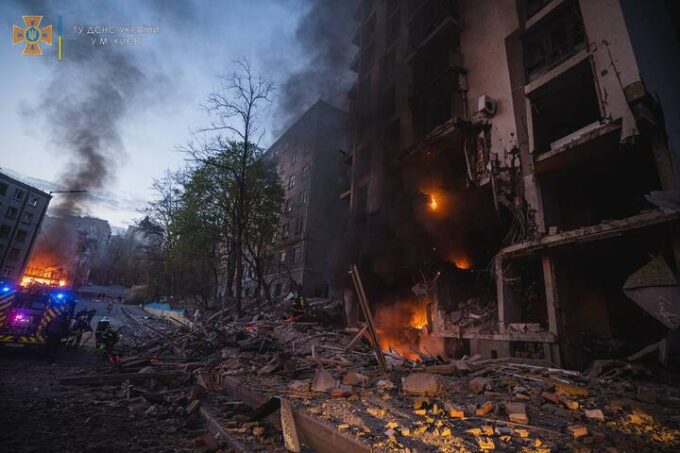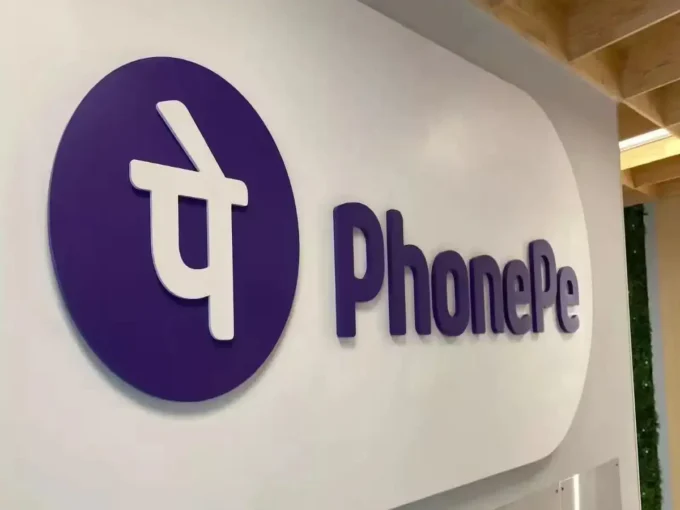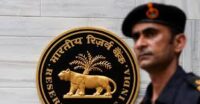Ghana’s President-elect, John Dramani Mahama, has announced the formation of a dedicated anti-corruption task force as part of his commitment to tackle graft and recover assets lost to corruption. The announcement, made through his transition team on Wednesday, underscores Mahama’s resolve to fulfill a key campaign pledge aimed at restoring public confidence in governance.
Mahama, who emerged victorious in the December 7 presidential elections with approximately 56% of the vote, is set to take office next month. The former president’s return to power comes at a time when Ghanaians are demanding stronger accountability and transparency measures to address systemic corruption. His decisive move to form the anti-graft task force signals a clear intent to hit the ground running on this critical issue.
The anti-corruption team will be chaired by Samuel Okudzeto Ablakwa, a Member of Parliament and chairman of the parliamentary Committee on Assurances. Ablakwa, known for his vocal stance on accountability, has a track record of flagging suspected cases of state corruption during his parliamentary tenure. His leadership of the task force brings a blend of political experience and a longstanding commitment to anti-graft initiatives.
In addition to Ablakwa, the task force comprises three other members, each bringing specialized expertise to the mission. These include Daniel Yao Domelevo, a former auditor-general widely recognized for his integrity and unwavering pursuit of financial accountability; a prominent private legal practitioner; an investigative journalist; and a retired senior police officer with a history of tackling high-profile robbery and financial crime cases.
Daniel Domelevo’s inclusion in the task force is particularly significant. The former auditor-general gained national and international recognition for exposing financial infractions and mismanagement under the current administration. However, his efforts were cut short when he was controversially removed from office in 2021—a move that sparked public outcry and accusations of political interference. Domelevo’s appointment to Mahama’s anti-corruption team not only signals a commitment to independent oversight but also reaffirms the president-elect’s intention to restore institutional credibility.
In his campaign, Mahama placed strong emphasis on combating corruption and recovering misappropriated public funds. His promise resonated with a frustrated electorate that has witnessed mounting allegations of financial irregularities and impunity in recent years. “He intends to hit the ground running on these commitments,” the statement from Mahama’s transition team declared, signaling that concrete action will follow shortly after his inauguration.
Mahama’s return to power marks a significant political comeback, eight years after losing office to the current administration. During his previous term as president from 2012 to 2016, Mahama faced criticisms over allegations of political corruption within his government. Although he was not personally implicated, public perception of corruption became a contentious issue during his presidency. In the years since, Mahama has positioned himself as a reformer committed to addressing these challenges and restoring Ghana’s image as a beacon of good governance in West Africa.
The decision to form the anti-corruption team even before assuming office reflects Mahama’s awareness of the urgency surrounding governance reforms. Corruption has long been a stumbling block for Ghana, undermining economic development and eroding trust in public institutions. According to recent reports, billions of dollars have been lost to financial mismanagement and corruption in Ghana’s public sector over the past decade, highlighting the scale of the challenge Mahama’s administration will face.
Observers note that Mahama’s success in fighting corruption will hinge on the task force’s ability to operate independently and without political interference. The inclusion of figures such as Domelevo and the investigative journalist indicates a deliberate attempt to prioritize professionalism and accountability.
The president-elect’s move has been met with cautious optimism. Civil society organizations and anti-corruption advocates have welcomed the initiative, urging Mahama to provide the necessary support and resources to ensure the task force’s effectiveness. “Ghanaians want to see concrete results—not just rhetoric,” remarked a senior analyst at a governance think tank in Accra. “This is a critical opportunity to demonstrate leadership and rebuild public trust.”
Mahama’s anti-graft agenda comes at a crucial juncture for Ghana as the nation grapples with economic challenges and seeks to attract greater investment. Addressing corruption, analysts argue, will not only improve fiscal discipline but also create a more conducive environment for economic growth and regional competitiveness.














Leave a comment